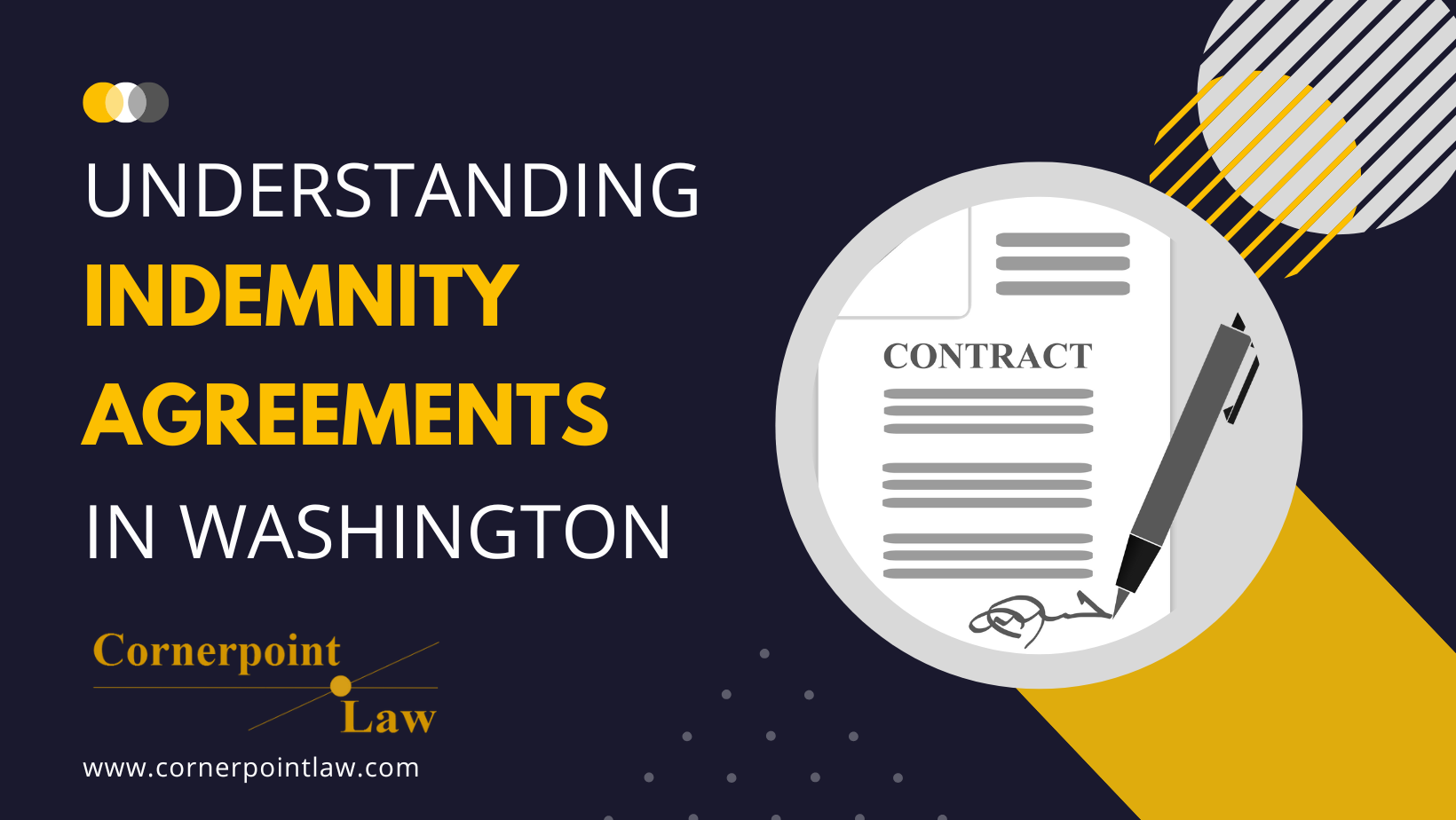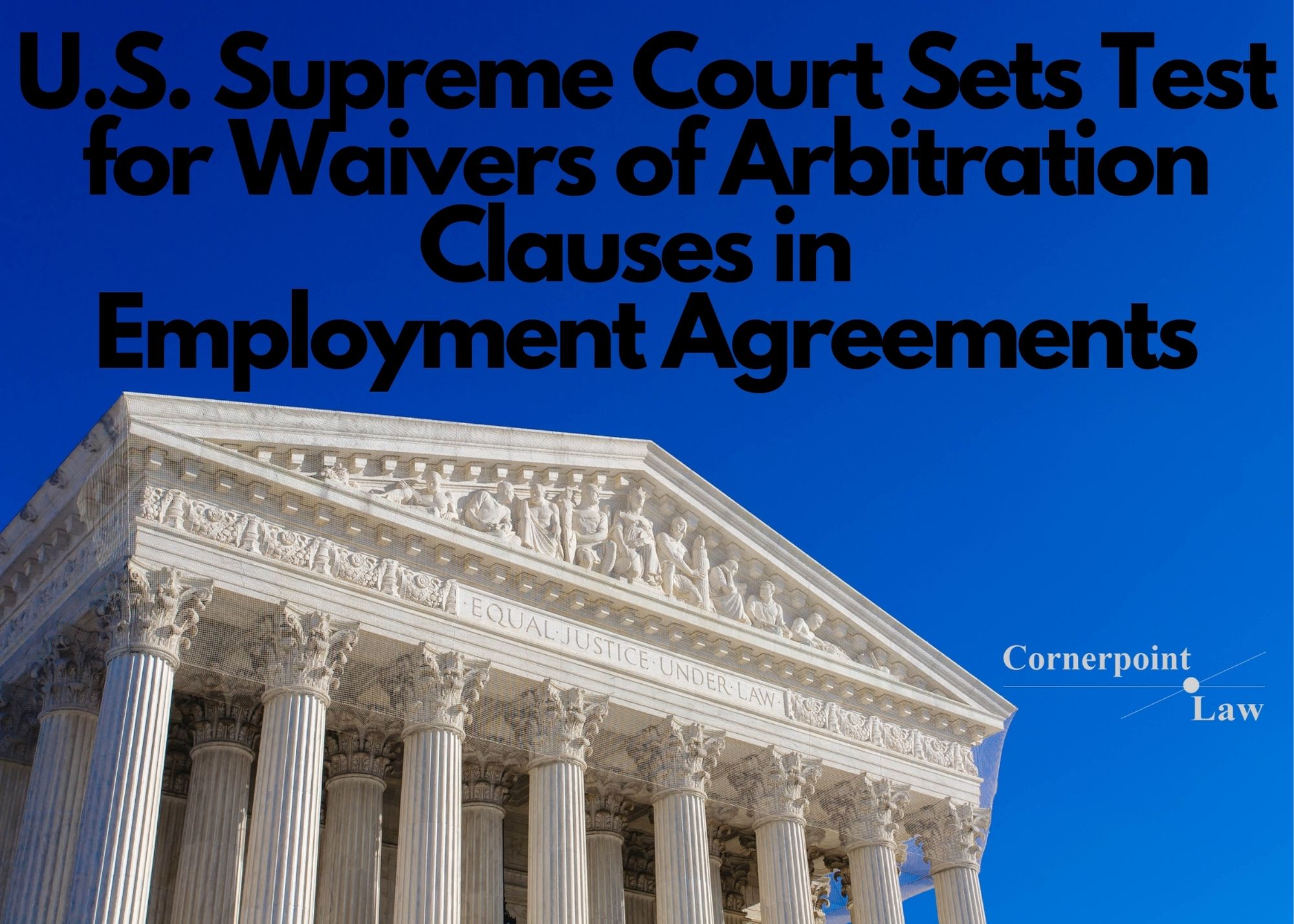Conditions Precedent in Contracts
March 31, 2021
Unauthorized use and/or duplication of blogposts without express and written permission is strictly prohibited. Excerpts and links may be used, provided that full and clear credit is given, and with appropriate and specific direction to the original content.
The author of this post can be reached by phone at 206-693-2718 or by email.
A Legal Way of Saying, “If This, Then That”
By Stacia Hofmann, Small Business Contracts Attorney & Certified Risk Manager
We are a future-focused society. Making predictions and hedging bets are a part of human nature, including in our business dealings and contracts.
To account for uncertainty in the future, a promise in a contract may be conditioned on something happening (or not happening) first. The law calls this a “condition precedent.” With a condition precedent, if the condition is not met, then the promise related to the condition does not have to be fulfilled.
How can you spot a condition precedent? Phrases like “if _______________, then ___________,” “provided that,” “unless,” and “contingent upon” indicate something must happen before a promise has to be performed.
Conditions precedent can be useful tools for business owners. If parties are negotiating a business arrangement, and there is reluctance about making a promise because of change or uncertainty, a condition precedent can make the promise contingent upon an event or scenario happening first.
Let’s say ABC Company and XYZ Client want to work together, but XYZ Client will only need some of ABC Company’s services if certain things happen in the future. Instead of putting the deal on hold and waiting to see how the future unfolds, ABC Company and XYZ Client can move forward together with a contract with a condition precedent reading something like this:
“In the event that __________________, then ABC Company shall provide XYZ Client with the following services…”
Email or call me to see if Cornerpoint can help with your questions about conditions precedent and contracts.
This blog is for informational purposes only and is not guaranteed to be correct, complete, or current. The statements on this blog are not intended to be legal advice, should not be relied upon as legal advice, and do not create an attorney-client relationship. If you have a legal question, have filed or are considering filing a lawsuit, have been sued, or have been charged with a crime, you should consult an attorney. Furthermore, statements within original blogpost articles constitute Stacia Hofmann’s opinion, and should not be construed as the opinion of any other person. Judges and other attorneys may disagree with her opinion, and laws change frequently. Neither Stacia Hofmann nor Cornerpoint Law is responsible for the content of any comments posted by visitors. Responsibility for the content of comments belongs to the commenter alone.




